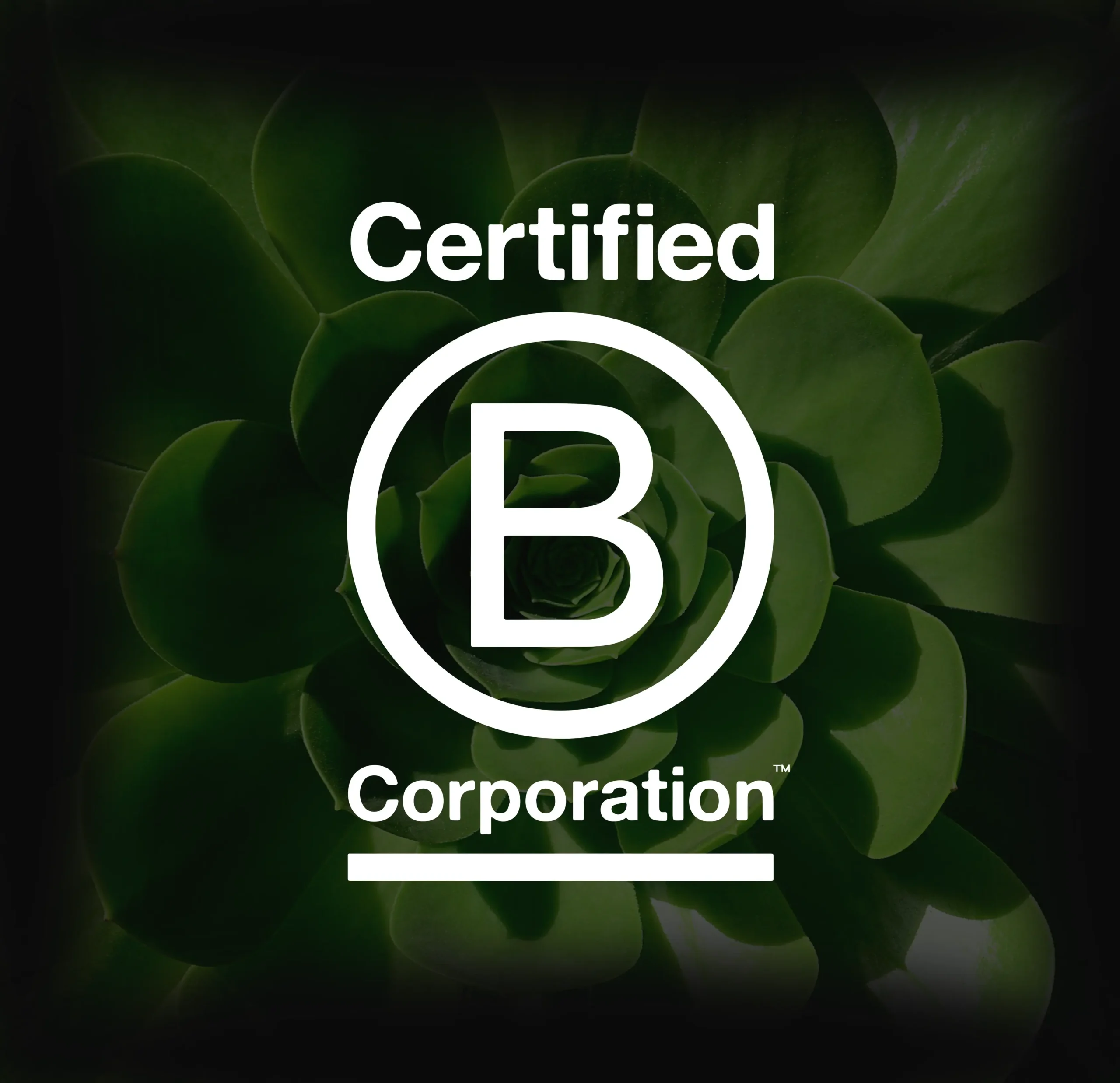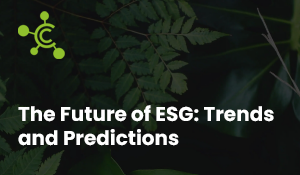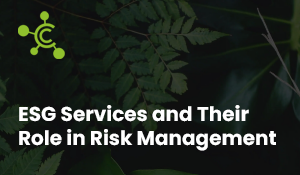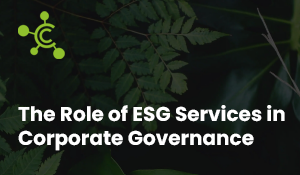Introduction
In today’s evolving business world, there’s a big shift towards more ethical and sustainable practices. Leading this charge are B Corporations (B Corps), which integrate societal and environmental well-being into their core operations. This introduction highlights the essence of B Corps and underscores the growing importance of sustainable practices in modern business.
Overview of B Corporations
B Corporations are transforming the business landscape. Unlike traditional businesses focused solely on profit, B Corps aim for profitability while positively impacting society and the environment. Certified by the non-profit B Lab, B Corps meet high standards for social and environmental performance, transparency, and accountability. This certification process evaluates a company’s impact on workers, customers, the community, and the environment, ensuring a commitment to ongoing improvement.
B Corps are pioneers in redefining the role of business in society, proving that commercial success can coexist with societal benefits.
The Growing Importance of Sustainable Business Practices
Sustainable business practices are becoming crucial, driven by public awareness of environmental issues like climate change and resource depletion. Consumers are increasingly choosing companies committed to environmental stewardship and social responsibility. Adopting sustainable practices is not just beneficial for the environment but also enhances brand loyalty, competitive advantage, and risk management. Investors recognize that sustainable businesses are better positioned for long-term success.
This shift towards sustainability reflects a broader societal move towards environmental awareness and social equity.
What is a B Corporation?
Definition and Origins of B Corps
B Corporations balance profit and purpose by legally committing to social and environmental goals. The B Corp movement, started by B Lab in 2006, redefines the role of business in society, challenging the traditional profit-only focus. Founders Jay Coen Gilbert, Bart Houlahan, and Andrew Kassoy envisioned a global community of businesses that compete to be the best for the world. This movement has grown, with thousands of B Corps in over 50 countries.
The B Corp Certification Process
Becoming a certified B Corp is rigorous. Companies complete the B Impact Assessment (BIA), scoring at least 80 out of 200 points to qualify. This involves a thorough review of their impact on workers, customers, the community, and the environment. Certification is an ongoing process, requiring recertification every three years and amendments to legal documents to balance profit and purpose.
Key Criteria and Standards for B Corp Certification
Certification criteria cover governance, workers, community, environment, and customers. Businesses must demonstrate transparency, fair wages, and good working conditions. They must engage in practices supporting local communities, promote sustainable resource use, and offer products or services benefiting the public.
The Benefits of Being a B Corp
Access to a Like-Minded Community and Support Network
B Corp certification connects companies with a global network sharing values of environmental stewardship and social equity. This community fosters trust, collaboration, and a unified voice advocating for policy changes supporting sustainable business practices. It also provides access to shared knowledge, helping smaller enterprises navigate sustainability challenges.
Financial Incentives and Increased Investment Potential
B Corps attract impact investors and financial institutions valuing sustainable practices. Good governance frameworks mitigate risks, making these companies more stable and attractive investment options. Governments and institutions often offer financial incentives like tax breaks and grants to sustainable businesses.
Case Studies: Success Stories of B Corps
Examples of UK-based B Corporations
Innocent Drinks: Known for its commitment to health and sustainability, Innocent Drinks has seen significant growth since becoming a B Corp.
The Body Shop: A pioneer in ethical beauty products, The Body Shop’s B Corp certification has reinforced its reputation for corporate responsibility.
Cook: This frozen food company has grown impressively while committing to responsible sourcing, waste reduction, and community initiatives.
Impact on Business Growth and Community Engagement
B Corps like Innocent Drinks and The Body Shop have enhanced consumer trust and market share. Companies often report higher employee engagement and productivity. Their sustainable practices not only contribute to business growth but also ensure long-term resilience.
Why Early Adoption is Advantageous
Staying Ahead of Sustainability Trends
Early adopters of B Corp practices set trends, build a reputation as sustainability leaders, and adapt better to regulatory changes. They influence industry standards and attract ethically minded customers and partners.
Long-Term Strategic Advantages
Early adoption helps build resilience against market disruptions and attracts forward-thinking talent. B Corps also have better access to impact investment and funding opportunities.
Challenges and Considerations
The Certification Process
Becoming a B Corp requires a rigorous assessment, potential operational changes, and continuous improvement. It involves balancing profit and purpose and managing stakeholder expectations.
How to Start the Journey Towards B Corp Certification
Initial Steps for Interested Companies
Understand B Corp Principles: Align business goals with B Corp standards.
Complete the B Impact Assessment (BIA): Evaluate current performance and identify areas for improvement.Gap Analysis and Action Planning: Address gaps to meet B Corp standards.
Engage Stakeholders: Inform and gain support from key stakeholders.
Resources and Support Available for UK Organisations
B Lab UK Support: Offers workshops, webinars, and guidance documents.
B Leaders Programme: Trains consultants to support companies on their B Corp journey.
Peer Support and Networking Events: Forums for sharing experiences and learning from other B Corps.
Online Resources and Case Studies: Provide practical insights and inspiration.
Conclusion
The Future of B Corps in the UK and Globally
The B Corp movement is expanding in the UK and worldwide, influencing corporate culture and consumer expectations. B Corps can drive policy changes and set new benchmarks for corporate responsibility.
Final Thoughts on Sustainable Business Practices
The rise of B Corps signifies a shift in business paradigms, addressing global challenges like climate change and inequality. Sustainable practices are crucial for long-term success and inspire future generations to see business as a force for good.




